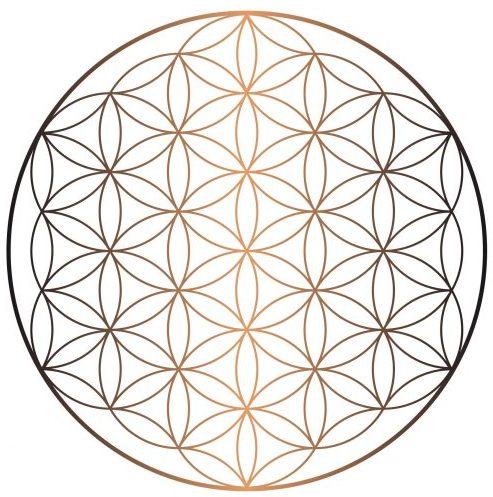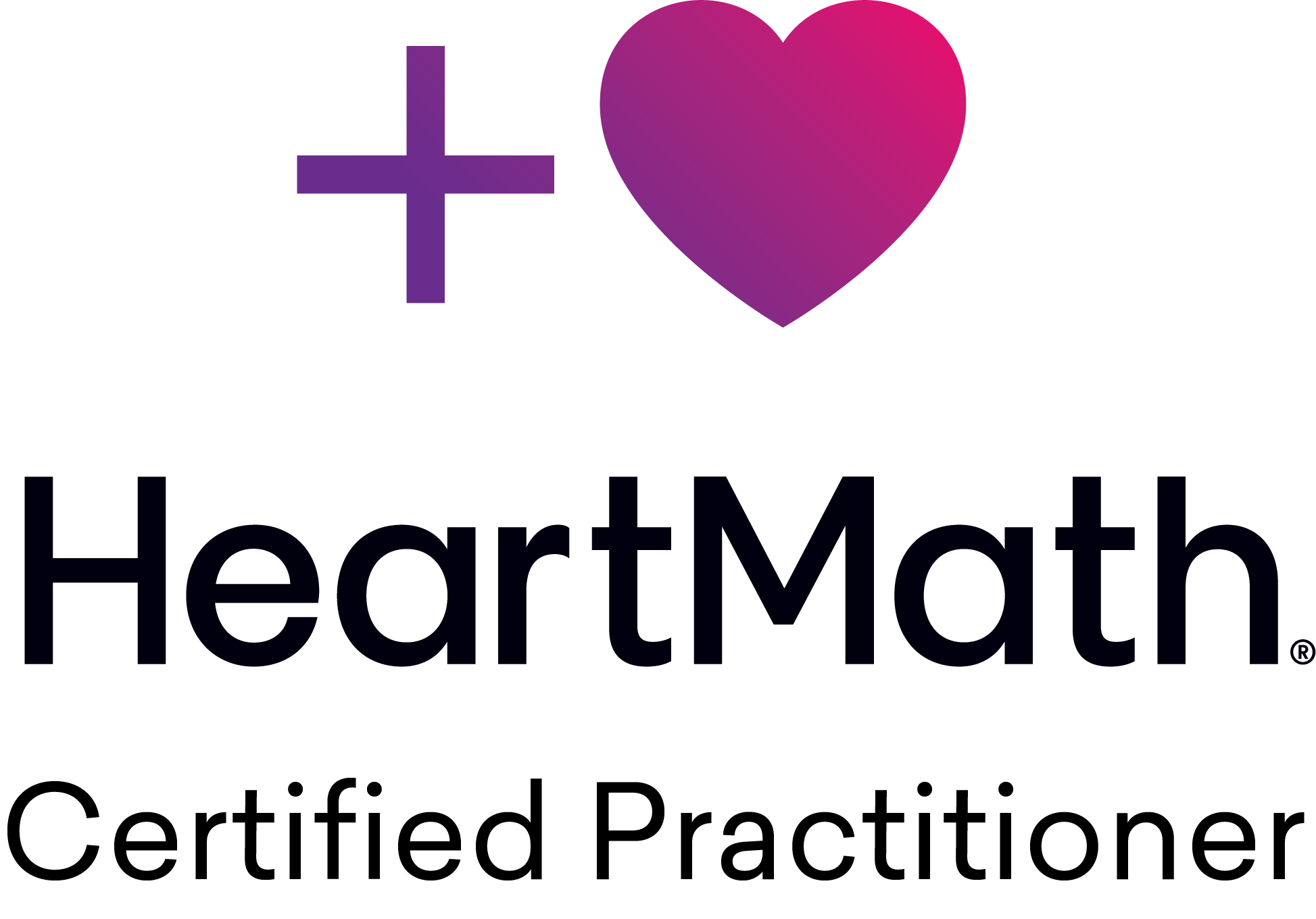How I can help
Depression/ Anxiety
Addictive Behaviours
Life Transitions
Relationship Issues
Trauma
Eating Disorders
Self Esteem
Grief/Loss
Depression and Anxiety
Feelings of loneliness, helplessness and unworthiness overwhelm us. I want you to know that you are not alone. Throughout the journey called life, there are times when we just struggle mentally, emotionally, physically and spiritually. They often show up as depressive thoughts or anxious behaviours.
A stigma still exists when it comes to talking about mental health. Sharing your thoughts and feelings with a non-judgemental professional can be the first step to moving forward. A person-entered, individual approach will help you work through these issues. Many psychotherapy approaches are proven to alleviate symptoms of depression and anxiety.
Addictive Behaviours
Substance abuse and addictive behaviours may be stemming from our instinctive urge to avoid facing painful aspects of life, whether from physical or psychological wounds. No heart wants to get hurt. The problem of addiction is that not having it may lead to withdrawal symptoms. They are unpleasant and keep you in a loop to distancing you from your dreams and desires.
One of the ways to deal with addictive behaviours is to identify the factors that might be facilitating that very thought of wanting more. Whether it is alcohol, drugs, food, gaming, gambling or even a psychological pattern of sabotaging yourself, counselling can help you to face it squarely .
Addictive behaviours have been associated with one of our brain functions, the anterior cingulate gyrus (ACG) in the prefrontal cortex (the bridge between our thinking and emotional brains). Knowing that it is also physical (to do with our brain) rather than simply psychological (“we are not right”) might help too. Your addiction does not define you.
Trauma
We all have gone through traumas at some point in our lives. The severity of it may vary from those who lived through a war zone, an abusive parent or partner, or the Covid-19 crisis. No trauma is insignificant. We must recognise that when we go through a traumatic experience, our brain wires in a certain way that affects us for a long time.
We carry with us unresolved issues of hurts, wounds and pains – they are all traumatic. They can manifest in psychosomatic experiences of irritability, instinctive feelings of shame, anger and fear, with which the connection to trauma may not be easy for us to recognise. For example, a person may never realise that their inability of being truly intimate with their partners may be related to an abusive father.
Having experienced traumas in our childhood or adolescent years can have a long-time effect on our self-esteem and the ways we relate to others. It is physically and emotionally painful to face our traumas. However, I speak from personal experience that the reward of having courage to talk to it is liberating. You will meet a new you who will then be ready to shed each layer of defence that might have protected you from further harm but also prevented you from being who you truly are.
Grief and Loss
Losing someone, a pet or a stage in life is never easy. You may feel numb or overwhelming emotions. It is complex and profoundly personal and throws us into existential inquiries.
Grief is a process in life. It throws us deeply into existential enquiries. It may show up as a total numbness or overwhelming emotions. It is complex and profoundly personal.
Please know you are not alone. Grieving can sometimes feel isolating and debilitating. You may not want to burden others with your concerns or may want to scream at those closest to you. It affects not only ourselves but our loved ones. It is very important to talk about what you are going through with someone you trust. Therapy can offer that safe space whether or not you have someone who you can lean on.
The beautiful thing about grief, mourning and bereavement is that it unravels what life is like ‘after’. In other words, it equips us with a new perspective about life that is bound to have challenges. We become resilient and more compassionate. We also realise the love love that innately resides in us for those we lost.
Eating Disorders
Your relationship with food is a sacred domain. Pubery, marriage, childbirth, divorce, menopause, grief, or even a passing comment from someone, can change our relationship with food and our body. I can help you assess underlying beliefs and associated emotions and create an individual plan tailored to your needs. The aim is to accept who you are. Treatment for eating disorders will be specific to you, taking into account your history and future goals. Psychotherapy is transformative as a primary mode of treatment for eating disorders. A nutritional consultation may be recommended for more comprehensive support.
Self-esteem
Few individuals are outright confident and love being who they are. Most of us struggle with the issue of self-esteem.
If there were no mirrors in the world, would we have the same struggles? Probably not. It starts with comparing ourselves to others, whether it’s on social media or after someone’s inconsiderate comments. That self-critical voice often stems from our childhood experiences of societal and parental judgements.
Your thoughts are a passing phenomena. They are not factual or true. In counselling sessions, you will learn to observe your self-talk and to develop strategies to differentiate the beneficial ones from the unhelpful ones.
Relationships
We thrive with the support of others and with supporting others. Yet, it may feel like relationships are difficult on many levels, be it with your intimate partner, family, colleagues and even some neighbours.
Any two people cannot be expected to agree on everything. It is then more constructive to learn to know when to agree to disagree. The key is to develop our ability to draw boundaries which will then expand how we relate to others. In order to do that, we must sometimes Strat by learning to respect ourselves. In therapy sessions, you will deepen your understanding of boundaries, listening, assertiveness and compassion.


